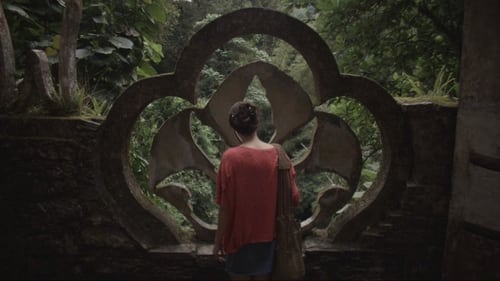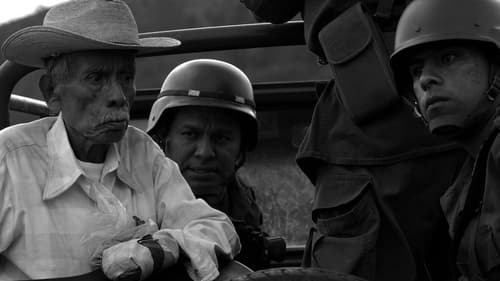
Screenplay
On their way back home from a baseball academy’s tryouts, Pedro and Lucio are taken hostage and turned over to a criminal group. The teenage friends are forced to fight each other to death; Pedro defeats Lucio and manages to escape. Pedro receives help and refuge with Lucio’s family and he witnesses the family’s collapse and pain. Pedro is tormented with guilt and fear, he cannot tell his friend’s family the truth.

Writer
Guatemala, in the 80s. The worst days of the Civil war. Andrés is 9 years old. He lives with Pedro González, one of the men who massacred all the women and children in his village. Andrés has survived, but he's scared. Pedro's wife, María, is also scared, scared to go out, scared to lose Andrés, whom she considers as "her new son" - even Pedro is scared, scared of himself and what the Army bounds him to do. Andrés would like to run away but he also wants to stay in his new family - until his sister appears.

Producer
Sofia leaves the city to a provincial town. There she meets Nico and the inhabitants of Casa Caracol, an alternative hostel in the middle of the jungle. Nodding party nights and brotherhood, Sofia falls in love with Nico and joins the "magical" village life.

Screenplay
Sofia leaves the city to a provincial town. There she meets Nico and the inhabitants of Casa Caracol, an alternative hostel in the middle of the jungle. Nodding party nights and brotherhood, Sofia falls in love with Nico and joins the "magical" village life.

Editor
In an unnamed Latin American country that closely resembles Mexico, the government fights a rural insurgency with torture, assault, rape, and murder. Soldiers descend on a town, cutting off the rebels from their cache of ammunition hidden in a field. A family of grandfather, son, and grandson are among the rebels in the hills. The grandfather, with his violin over his shoulder, tries to pass the checkpoint, ostensibly to tend his corn crop. The commanding officer lets him pass but insists on a daily music lesson.

Cinematography
In an unnamed Latin American country that closely resembles Mexico, the government fights a rural insurgency with torture, assault, rape, and murder. Soldiers descend on a town, cutting off the rebels from their cache of ammunition hidden in a field. A family of grandfather, son, and grandson are among the rebels in the hills. The grandfather, with his violin over his shoulder, tries to pass the checkpoint, ostensibly to tend his corn crop. The commanding officer lets him pass but insists on a daily music lesson.

Writer
In an unnamed Latin American country that closely resembles Mexico, the government fights a rural insurgency with torture, assault, rape, and murder. Soldiers descend on a town, cutting off the rebels from their cache of ammunition hidden in a field. A family of grandfather, son, and grandson are among the rebels in the hills. The grandfather, with his violin over his shoulder, tries to pass the checkpoint, ostensibly to tend his corn crop. The commanding officer lets him pass but insists on a daily music lesson.

Director
In an unnamed Latin American country that closely resembles Mexico, the government fights a rural insurgency with torture, assault, rape, and murder. Soldiers descend on a town, cutting off the rebels from their cache of ammunition hidden in a field. A family of grandfather, son, and grandson are among the rebels in the hills. The grandfather, with his violin over his shoulder, tries to pass the checkpoint, ostensibly to tend his corn crop. The commanding officer lets him pass but insists on a daily music lesson.







